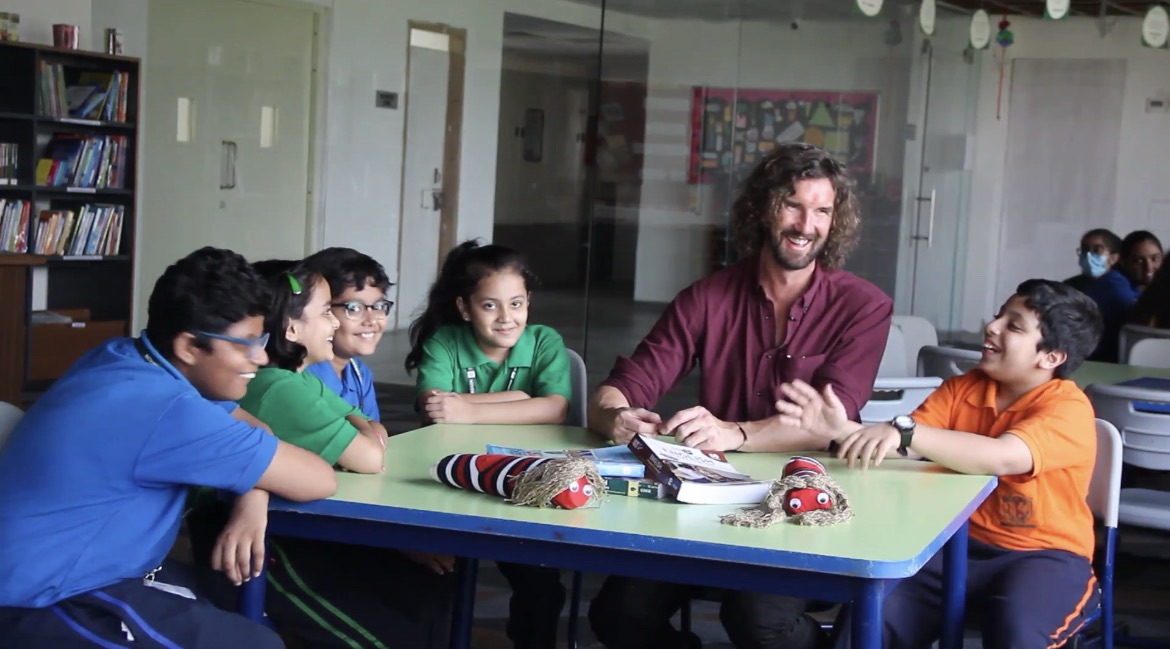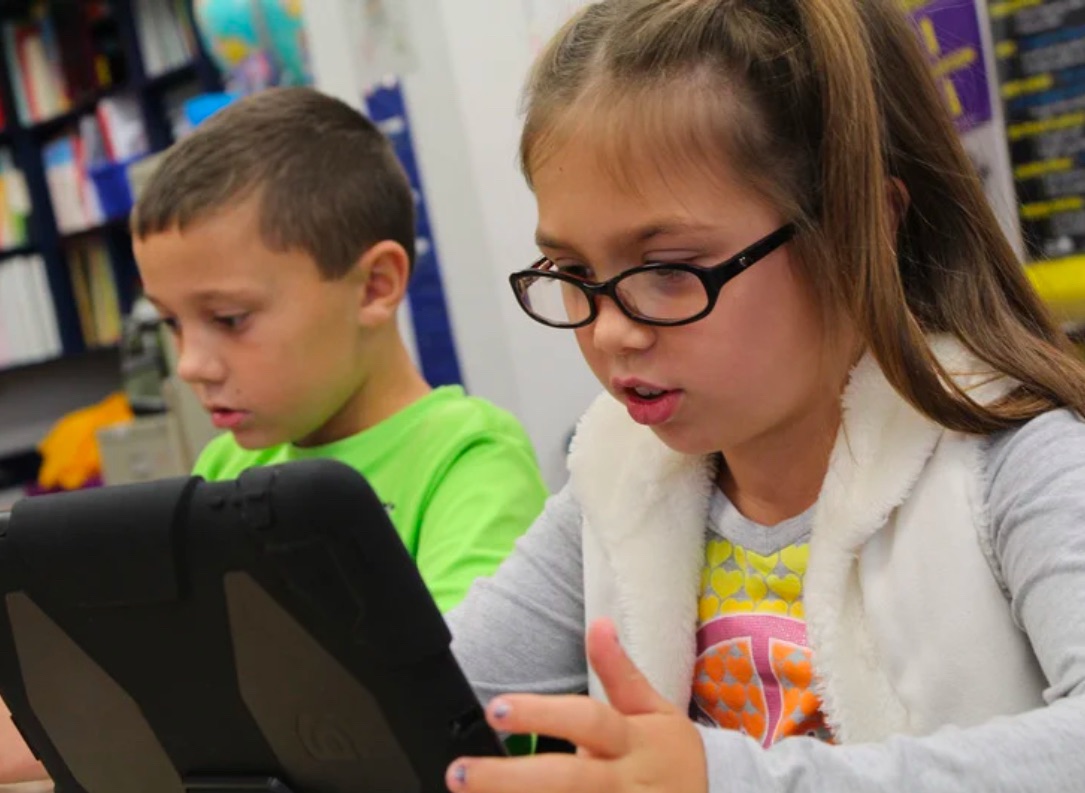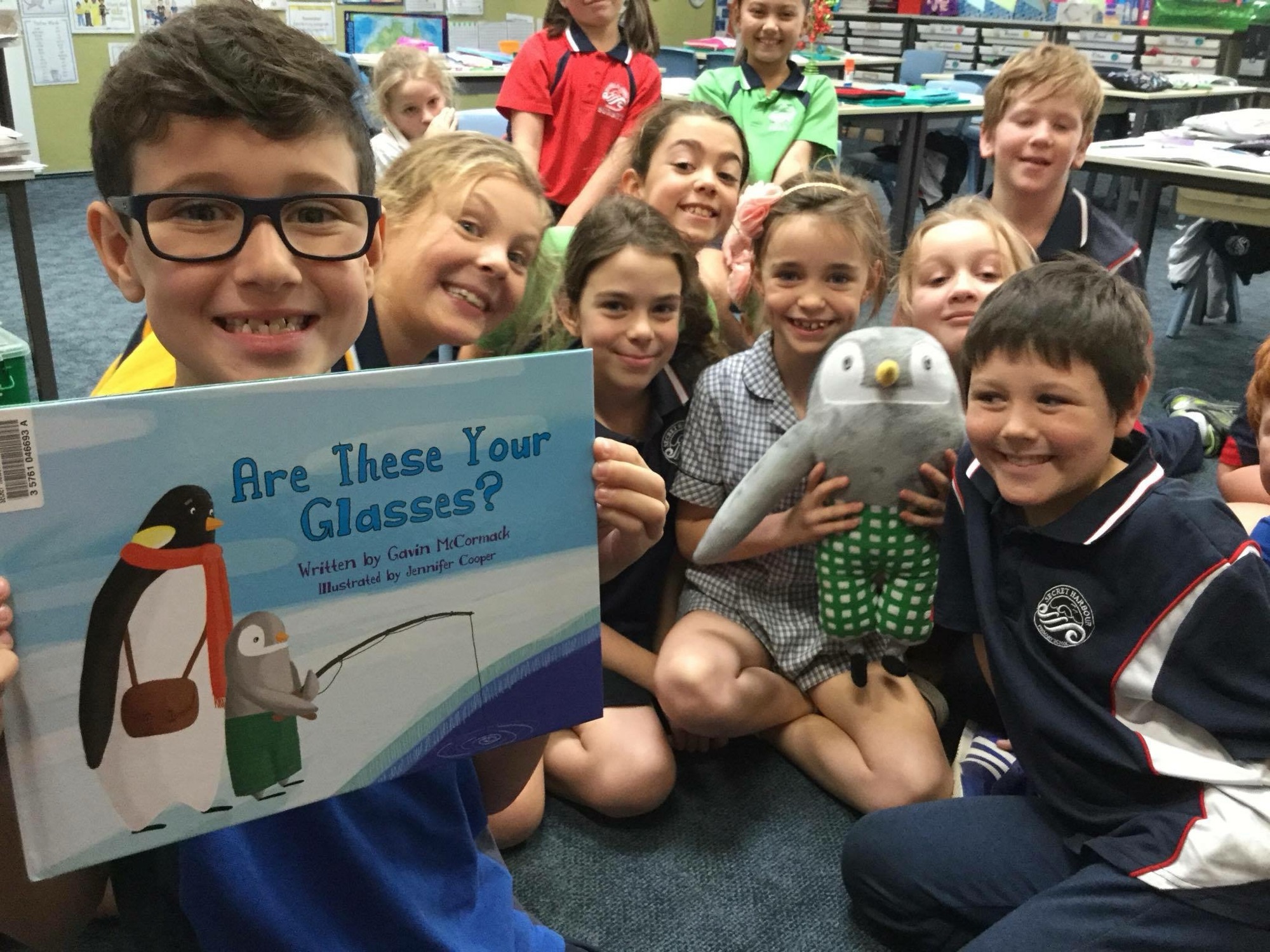Reading aloud to the children in our homes and our classrooms brings a myriad of benefits, both in terms of cognitive development and emotional bonding.
Here’s a closer look at why it’s paramount:
Early Cognitive Development: From birth to age three, a child’s brain is remarkably receptive. Like a sponge, it absorbs language, laying a foundation for linguistic skills. By age four, this foundation sets the stage for more intricate language comprehension. So, it’s imperative to read aloud during these formative years.
Addressing Complex Topics: Books can serve as tools for initiating conversations about difficult subjects like friendship, loss, kindness, inclusion, and morality. Reading a story aloud can pave the way for deeper, meaningful discussions.
Instilling a Love for Reading: When adults passionately read aloud, they portray reading as a delightful activity. By modeling enthusiastic reading habits, we inspire children to view books as sources of pleasure and relaxation.
Strengthening Bonds: Sharing a story is a powerful bonding activity. The shared anticipation of what the next page or chapter holds, the reactions to plot twists, and the discussions that follow can foster a strong connection between the reader and the listener.
Foundations for Literacy Skills: Reading aloud hones multiple facets of literacy, such as comprehension, phonics, vocabulary, speaking, and listening. Expressive reading, infused with emotion and drama, can captivate children, making them eager learners.
Vocabulary Expansion: The range of words a child knows upon entering kindergarten plays a crucial role in their immediate academic success. Reading diverse books aloud can significantly boost their vocabulary, equipping them to communicate more effectively in class.
Stimulating Creativity and Imagination: Hearing varied stories can ignite a child’s imagination, allowing them to travel to different worlds, times, and cultures. This fosters creativity and encourages them to dream big.

Improving Concentration: Regularly listening to stories can help children develop better concentration and focus, skills vital for their academic journey.
Boosting Self-confidence: Recognizing words, predicting story outcomes, or discussing the narrative can bolster a child’s self-confidence, making them more eager to learn.
Fostering Empathy: Stories allow children to step into another person’s shoes, teaching them to understand and empathize with different perspectives.
No matter the age of our students or their ability level, reading aloud EVERYDAY paves the way for a better world for everyone!








